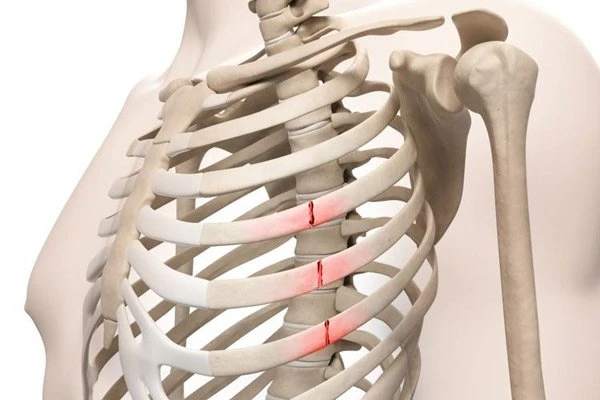- What is pneumonia?
Pneumonia is an infectious disease caused by bacteria or viruses that inflame the lung tissue below the bronchioles. Patients typically exhibit symptoms such as fever, cough, and sputum production. A chest X-ray can help doctors confirm whether the patient has pneumonia.

- Causes of pneumonia
The causes of pneumonia include bacteria, viruses, and fungi. In rare cases, the lungs can become inflamed due to inhaling substances such as chemicals or irritants. Today, many cases of pneumonia can be effectively treated with antibiotics. However, the increasing antibiotic resistance of the pathogens causing pneumonia makes the condition more challenging to treat than in the past.
- Symptoms of Pneumonia
Pneumonia leads to symptoms such as cough, sputum, and difficulty breathing. Notably, the color of the sputum often changes to yellow or cloudy. Many cases also experience fever and chills. However, mild cases of pneumonia may not cause any specific symptoms. In some instances, nonspecific symptoms like fatigue, headache, and diarrhea may occur.
- Diagnosis of Pneumonia
Pneumonia can be diagnosed based on symptoms, signs, and culture test results. However, each individual may present with different symptoms. Bacterial cultures can aid in accurate diagnosis, but they are only performed in about 50% of pneumonia cases, making chest X-rays a good method for accurate diagnosis. Additionally, tests on sputum, blood, serology, and pleural fluid cultures may also be conducted.
- Treat pneumonia

- Monitor and take notes
Progressive pneumonia can lead to bloodstream infections or shock. Local complications may include pleural effusion, empyema, and lung abscess. However, not all pneumonia patients experience complications; those at high risk may develop negative complications, so it’s important to monitor for these symptoms.








